INNOVATIVE CITY FORUM2019
11.19–11.20
Roppongi academyhills





INNOVATIVE CITY FORUM
Innovative City Forum is a creative platform for exploring the communities of the future.
In the coming years, our lives will be shaped by scientific and technological progress, population growth and aging, urbanization, climate change, food and water supply issues, and an increasingly complex global political and economic landscape.
What can we do today to prepare for this unpredictable future?
In the midst of the Fourth Industrial Revolution, what goals should we set? If we succeed, what sort of world awaits at the destination?
ICF will be a chance to take another look at our planet, our cities, and ourselves as people.
It will be a chance to exchange views and learn from one another. What does this changing world have in store?

Movie
Jørgen Randers “Global development on a finite planet towards 2050” - Keynote Address 1
Keisuke Toyoda “City as a multiverse - the next undiscovered territory as "Common Ground” -
SPEAKERS
Keynote Speaker
-
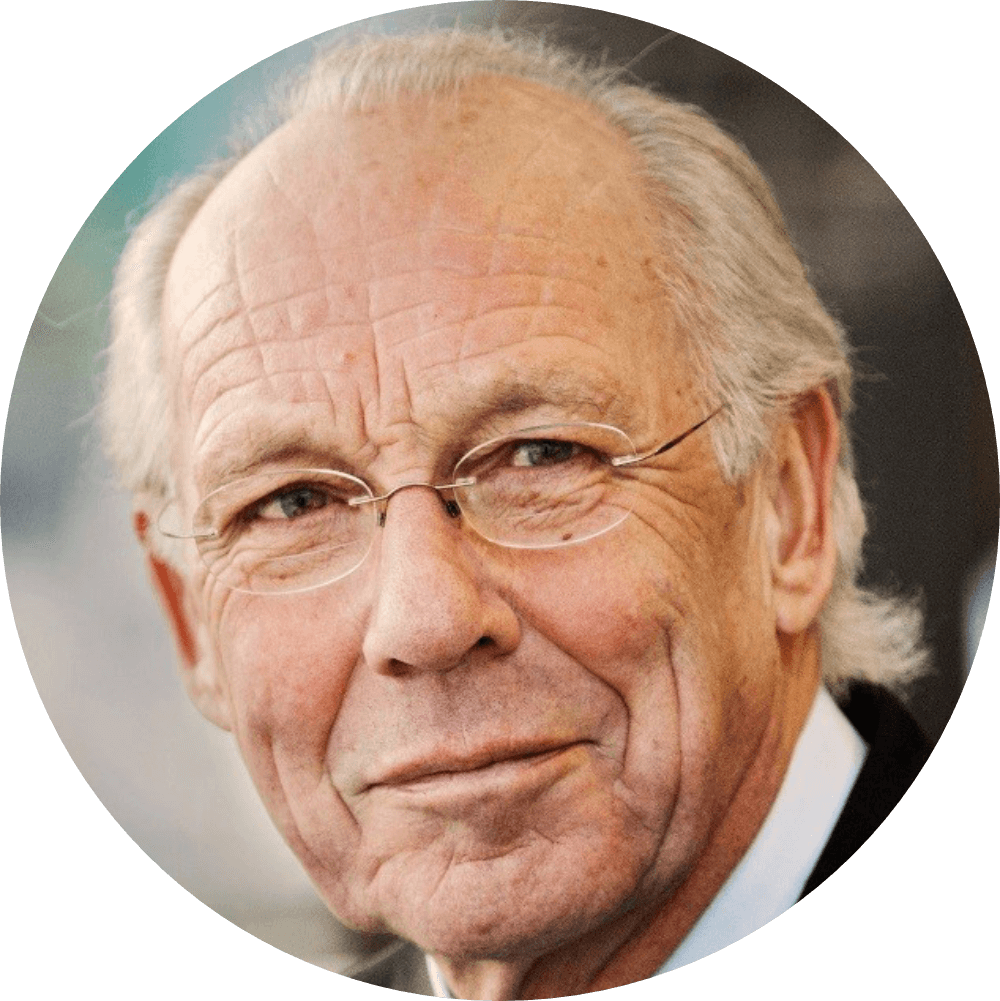
Jørgen Randers
Professor Emeritus, Climate Strategy, Department of Law and Governance, BI Norwegian Business School
-
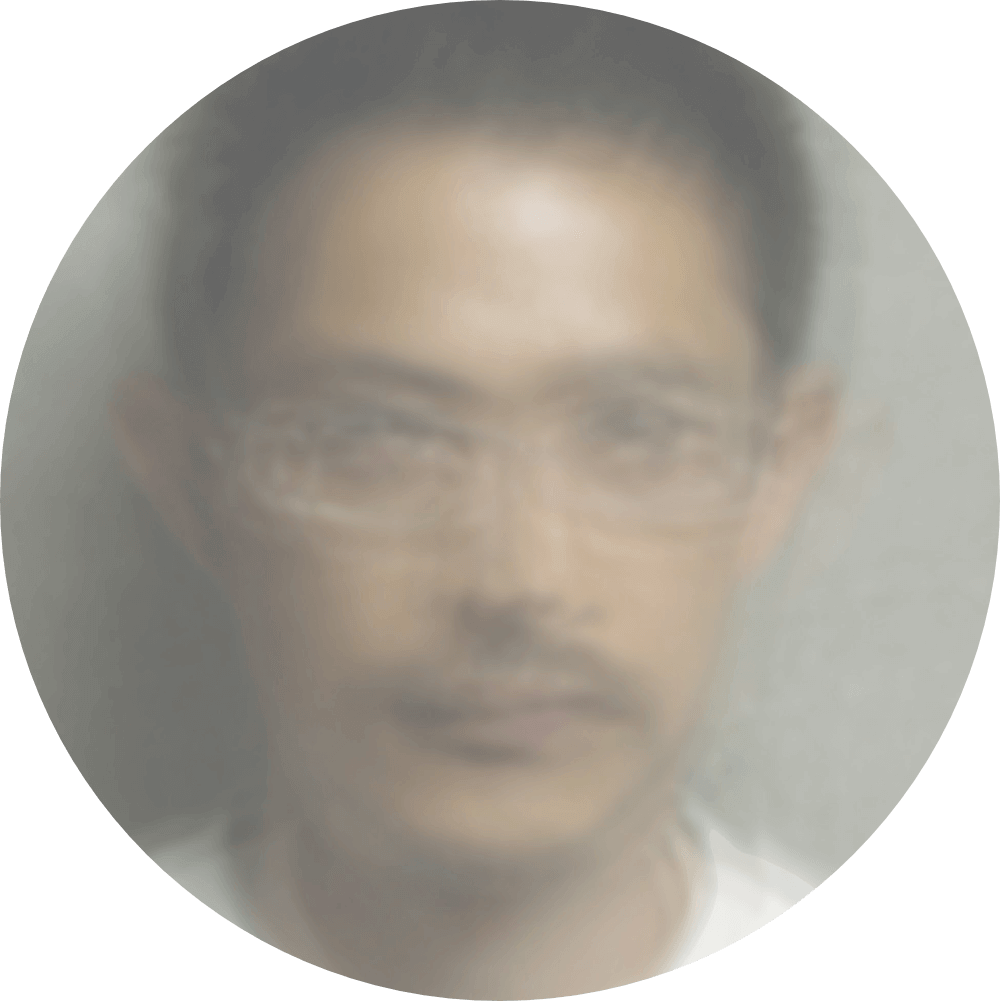
Keisuke Toyoda
Architect/Co-founder & Partner, noiz/Co-founder & Partner, gluon
-
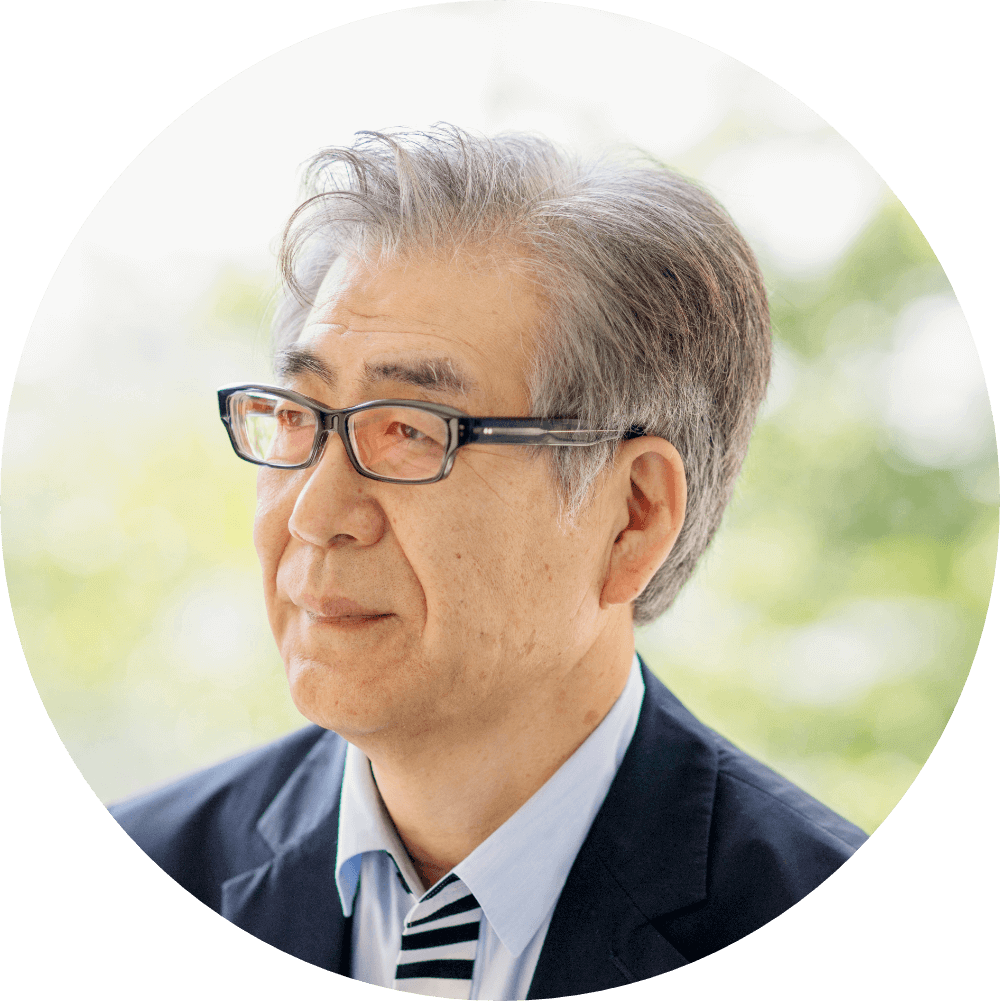
Fumio Nanjo
Director, Mori Art Museum
Program Committee
-
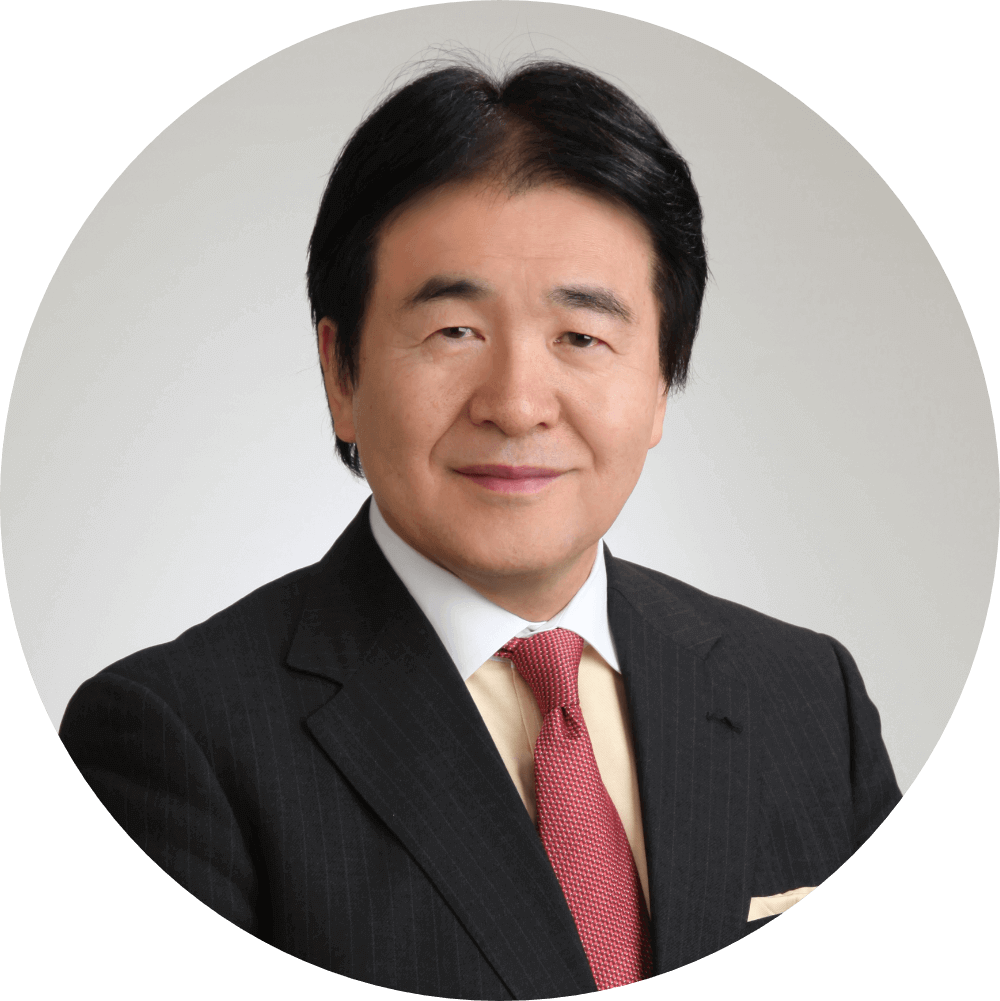
Heizo Takenaka
Professor, Toyo University/Professor Emeritus, Keio University/Chairman, Institute for Urban Strategies, The Mori Memorial Foundation/Director, Academyhills/The Foundation Board Member, The World Economic Forum
-
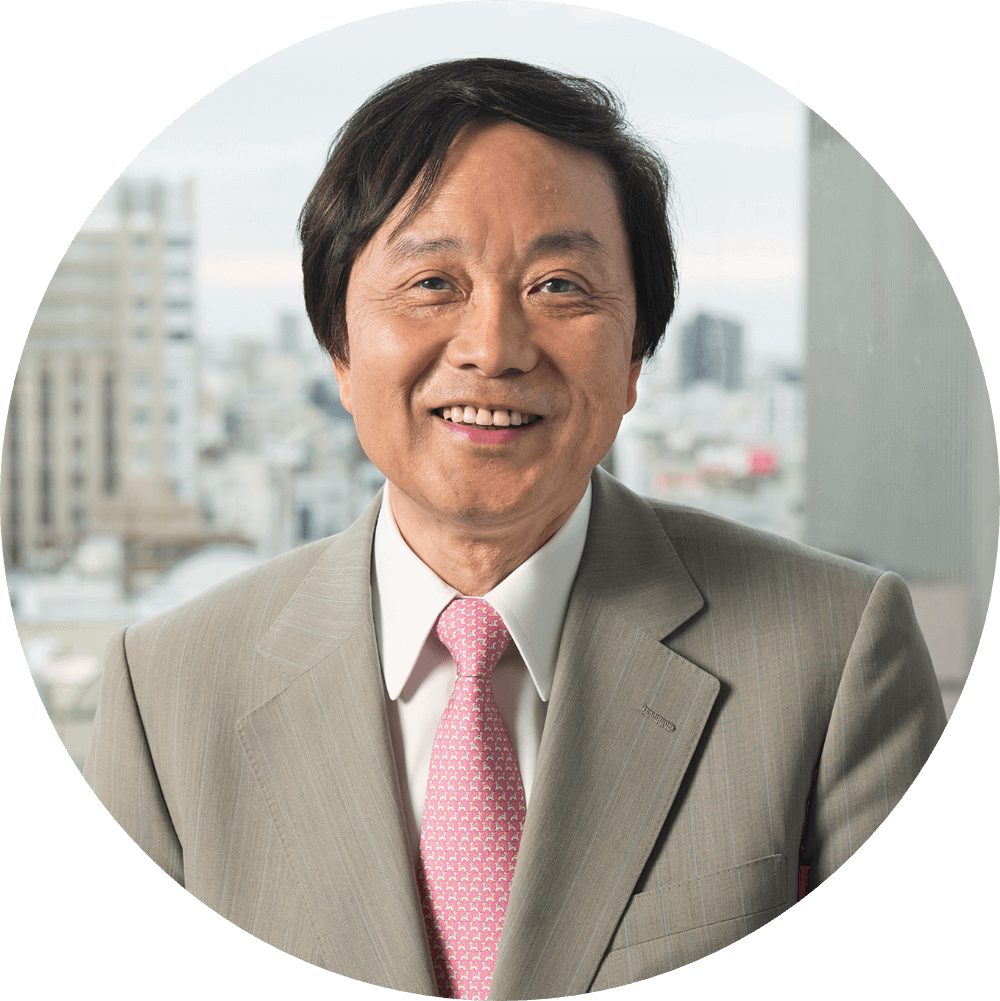
Hiroo Ichikawa
Professor Emeritus, Meiji University/Professor, Teikyo University/Executive Director, The Mori Memorial Foundation
-

Fumio Nanjo
Director, Mori Art Museum


ORGANIZED & SUPPORTED
Organized by
Co-Organized by
Supported by
ICF - Network Members





Jørgen Randers
Professor Emeritus, Climate Strategy, Department of Law and Governance, BI Norwegian Business School
Jorgen Randers (born 1945) is professor emeritus of climate strategy at the BI Norwegian Business School. He has always worked on issues of the future, especially related to sustainability, climate, and energy. Professor Randers lectures and provides advice all over the world, and increasingly in China.
He has spent one third of his life in academia, one third in business, and one third in the NGO world. He was president of BI Norwegian Business School 1981-89, and Deputy Director general of WWF International 1994-99. He has been the chair of three Norwegian banks, non-executive member of numerous corporate boards and the sustainability councils of three multi-nationals. He is a full member of the Club of Rome and is the founding chair of the Club of Rome China Association.
Professor Randers has written many papers and books, starting with co-authoring The Limits to Growth in 1972. His recent writings include 2052 – A Global Forecast for the Next Forty Years in 2012, Reinventing Prosperity with Graeme Maxton in 2016, and Transformation is feasible! with Johan Rockstrøm and others in 2018.

Fumio Nanjo
Director, Mori Art Museum
Director of Mori Art Museum, Tokyo, since November 2006. Nanjo had formerly served as the Museum’s Deputy Director (2002-2006), after working for prominent cultural organizations such as the Japan Foundation (1978-1986). The notable positions he has assumed to date are: Commissioner of the Japan Pavilion, Venice Biennale (1997); Commissioner, Taipei Biennale (1998); Member of Jury Committee, Turner Prize (1998); Artistic Director, Yokohama Triennale 2001; Artistic Director, Singapore Biennale (both 2006 and 2008); General Director, KENPOKU ART 2016, Ibaraki, Japan; and Curatorial Director, Honolulu Biennial 2017 (inaugural). The exhibitions Nanjo was actively involved in curating at the Mori in recent years include: Medicine and Art: Imagining a Future for Life and Love - Leonardo da Vinci, Okyo, Damien Hirst (2009-10); Metabolism, The City of the Future: Dreams and Visions of Reconstruction in Postwar and Present-Day Japan (2011-12); The Universe and Art: Princess Kaguya, Leonardo da Vinci, teamLab (2016-17); Japan in Architecture: Genealogies of its Transformation (2018); and Future and the Arts: AI, Robot, Cities, Life – How Humanity Will Live Tomorrow (2019-2020). He graduated from Faculty of Economics (1972) and Faculty of Letters (Philosophy, Aesthetics & Science of Arts, 1977), Keio University. He has recently written Asian Contemporary Art Report: China, India, Middle East and Japan (2010) and A Life with Art (2012).

Keisuke Toyoda
Architect/Co-founder & Partner, noiz/Co-founder & Partner, gluon
Keisuke Toyoda, Keisuke Toyoda is co-founder and partner of noiz, a Tokyo-based firm that is at the forefront of computational design and algorithmic design in Asia. Mr. Toyoda holds a master’s degree in architecture from the University of Tokyo. He worked in Tadao Ando Architect and Associates for four years before completing Columbia University GSAPP (MS in AAD). He subsequently worked for SHoP Architects in New York for several years before returning to Tokyo to set up noiz with his partner Jia-Shuan Tsai in 2007. Taipei office was set up in 2009. Kosuke Sakai has joined in the office as a new partner from 2016. In 2017 he started Gluon Inc., a consulting firm that applies technologies with architecture to urban development by generating innovations in a broader variety of fields. He is serving as an adjunct professor at Tokyo University of the Arts Art Media Center (2011-), and Keio University Faculty of Environment and Information Studies (2015-),The Institute of Advanced Media Arts and Sciences [IAMAS] (2018-)
noizarchitects.com(https://noizarchitects.com/)

Heizo Takenaka
Professor, Toyo University/Professor Emeritus, Keio University/Chairman, Institute for Urban Strategies, The Mori Memorial Foundation/Director, Academyhills/The Foundation Board Member, The World Economic Forum
Heizo Takenaka is a Professor at Toyo University and a Professor Emeritus at Keio University. He is also Chairman of the Institute for Urban Strategies at The Mori Memorial Foundation and President of Academyhills.
In 2001, Prime Minister Junichiro Koizumi named him the Minister of Economic/Fiscal Policy, the Minister of both Financial Services and Economic/Fiscal Policy in 2002, the Minister of both Economic / Fiscal Policy and Privatization of the Postal Services in 2004, the Minister of both Internal Affairs and Communication, and Privatization of the Postal Services in 2005. The following year, he returned to academia, leaving both the Cabinet and the House of Councilors when Prime Minister Koizumi resigned.
He received his B.A. in Economics from Hitotsubashi University and his Ph.D. in Economics from Osaka University. His academic experience is numerous, including Visiting Associate Professor of Harvard University in 1989, and Professor of Faculty of Policy Management at Keio University in 1996.
He is the author of numerous books, including "The Structural Reforms of the Koizumi Cabinet".

Hiroo Ichikawa
Professor Emeritus, Meiji University/Professor, Teikyo University/Executive Director, The Mori Memorial Foundation
Hiroo Ichikawa serves as Executive Director at the Mori Memorial Foundation's Institute for Urban Strategy, Chairman at the Institute of Metropolitan Policy, and Chairman at the Japan Institute of Emergency Managers, as well as a Steering Board Member of the Future of Urban Development and Services Committee at the World Economic Forum, among others.
He is an expert in such fields as urban policy, international urban competitiveness, crisis management, and telework, and has published numerous works about Tokyo and large metropolises. Some of his selected published works include City's Écriture (2018), Creative Tokyo Reborn (2017), Tokyo's Unipolar Concentration Will Save Japan (2015), Tokyo 2025: Urban Strategies for the Post Olympic Era (2015), The Real Reason Why a New Station Will Be Built on the Yamanote Line (2012), Lesson from Japanese Disaster (2011), and Building Japan's Future (2009).
In addition to working with the Japanese and Tokyo Metropolitan Governments, he has also served several public and private institutions in roles such as President, Chairman, and policy committee member. Presently, he is Chairman of the Japan Telework Society as well as the Japan Emergency Management Association. He graduated from Waseda University with a Bachelor of Architecture and a Master of Urban Planning, and further studied at the University of Waterloo where he was granted a Ph.D. in urban and regional planning. He was born in 1947, in Tokyo, and is a first-class registered architect in Japan.

Fumio Nanjo
Director, Mori Art Museum
Director of Mori Art Museum, Tokyo, since November 2006. Nanjo had formerly served as the Museum’s Deputy Director (2002-2006), after working for prominent cultural organizations such as the Japan Foundation (1978-1986). The notable positions he has assumed to date are: Commissioner of the Japan Pavilion, Venice Biennale (1997); Commissioner, Taipei Biennale (1998); Member of Jury Committee, Turner Prize (1998); Artistic Director, Yokohama Triennale 2001; Artistic Director, Singapore Biennale (both 2006 and 2008); General Director, KENPOKU ART 2016, Ibaraki, Japan; and Curatorial Director, Honolulu Biennial 2017 (inaugural). The exhibitions Nanjo was actively involved in curating at the Mori in recent years include: Medicine and Art: Imagining a Future for Life and Love - Leonardo da Vinci, Okyo, Damien Hirst (2009-10); Metabolism, The City of the Future: Dreams and Visions of Reconstruction in Postwar and Present-Day Japan (2011-12); The Universe and Art: Princess Kaguya, Leonardo da Vinci, teamLab (2016-17); Japan in Architecture: Genealogies of its Transformation (2018); and Future and the Arts: AI, Robot, Cities, Life – How Humanity Will Live Tomorrow (2019-2020). He graduated from Faculty of Economics (1972) and Faculty of Letters (Philosophy, Aesthetics & Science of Arts, 1977), Keio University. He has recently written Asian Contemporary Art Report: China, India, Middle East and Japan (2010) and A Life with Art (2012).





















